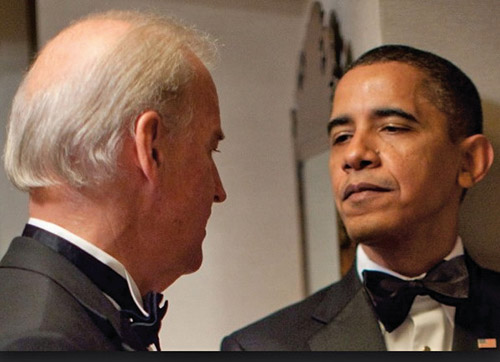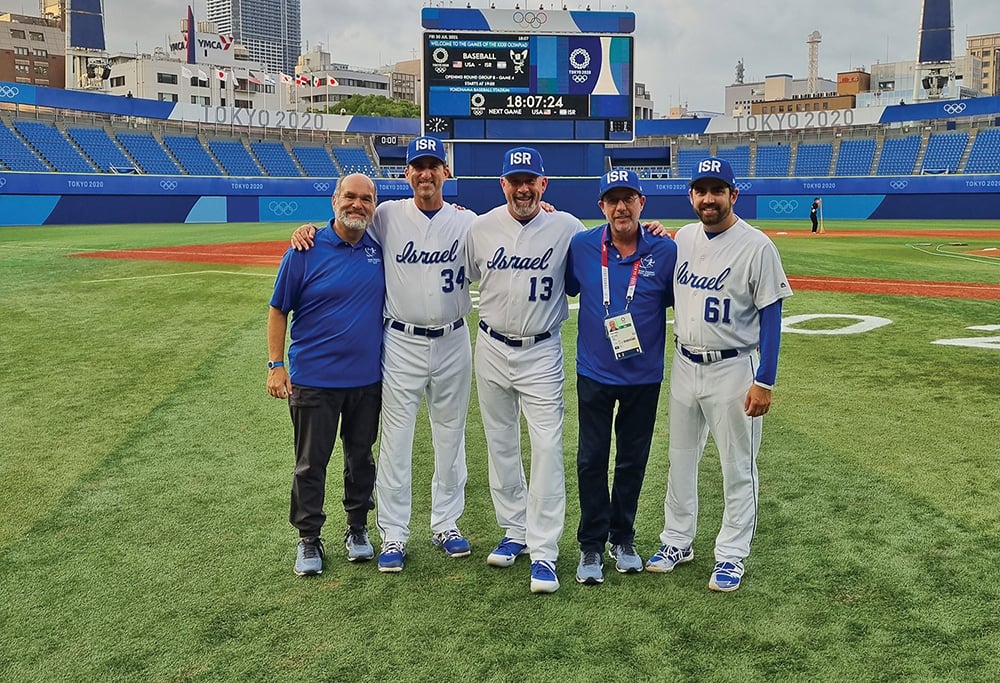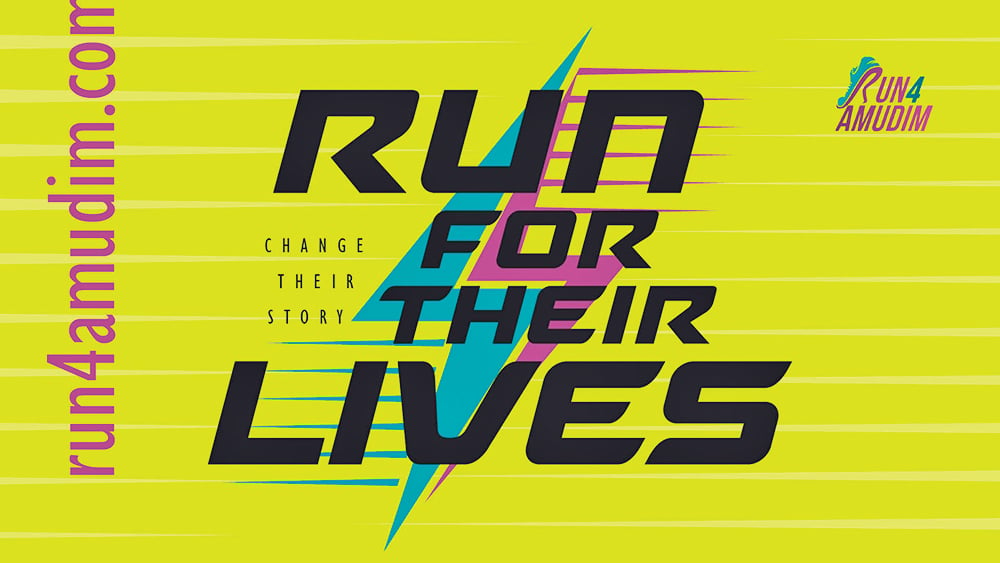


In my first article on eye contact, the focus was on getting and keeping someone’s attention; in this follow-up article we will explore the emotions behind eye-gaze behavior.
Generally speaking, when someone looks us in the eyes and maintains a relaxed eye contact (no frown or squint) they are saying loud and clear that they respect and even like us. If they don’t make eye contact then generally the opposite can be said. Let’s consider some specifics.
If your boss closes his eyes for longer than a normal blink, while he is still facing you, then it is likely that he disapproves of something you just said or did. Rapid blinking is a sign of anxiety, but a longer eye closing is our way of unconsciously saying, “I don’t want to see this,” or “hear this,” as the case may be. If your boss were to intensify this blocking behavior with a hand over his eyes then tread lightly.
At your next social or networking event see if you can spot the social climber. That will be the person who is “engaged” in a conversation but always on the look-out for someone more popular and of higher status, and while their torso might be facing the person who is trying to engage them, their gaze is scanning the room.
We also tend to gaze at the alpha male or female in a room, so you if you follow your social climber’s gaze you might find that others are gazing in the same direction. So, by all means, if you’re at a networking event looking to make contact with the chairman of a big company, then let the social climbers lead you there.
Now if at that same networking event someone looks upwards while maintaining their head positioning, then relax, they are likely trying to recall a name or a detail that they would like to share with you. It is also the brain’s way of shutting out distractions to allow an insight to form.
Looking down? They’re calculating/processing; that’s different from recalling information. Looking down can also be an indication that your new friend is intimidated by you—so how can you tell the difference? Like with all non-verbal cues, we look for clusters of behavior. If they’re also shuffling their feet, stuttering or when they do look up their gaze shifts unsteadily, then do all you can to put them at ease—they’re feeling the heat. If they’re looking down and also have lowered brows (as in the profile of anger), then they’re processing.
There are cultural exceptions to these norms—in some cultures it is disrespectful to make eye contact with someone in a position of authority. British officers in Africa thought that the locals were deceitful because they would avert their eyes downwards when addressed. This is a common misconception—liars will often look you straight in the eye to both convince you that they’re telling the truth and to carefully observe your reaction to their tale.
If your boss is checking the latest stock prices on her laptop while you are explaining why a project failed then she is saying that she has more important things on her mind, but if she is looking out the window she is probably listening but not buying what you are saying.
Before you approach Alpha-(wo)man at the networking event you might want to observe first, how they gaze at their admirers—do they look down their nose until their admirer submits and looks down?
Do they do the Judge Judy and give the subject of their gaze the distinct impression that they’re being scrutinized? This one is actually more typical in a board room where reading glasses are moved down the nose so that the “short-sighted” person looks over their glasses at other people. If that’s you, then you might want to consider removing your glasses when addressing someone.
Does their eye gaze look angry? Eyes narrowed, brows drawn down and lips tightened?
Under these circumstances you should consider approaching with your “A game” or wait for a better opportunity. On the other hand, if your target is connecting with extended and relaxed eye contact, then he or she is likely more interested in the relationship than even the content of the interaction—approach with an open heart and mind.
For more information about how body-language training can help you develop trust and rapport in your organization, email [email protected] or call 201-618-5170.
By Pesach Awerbuch












